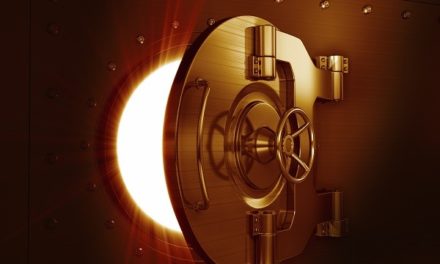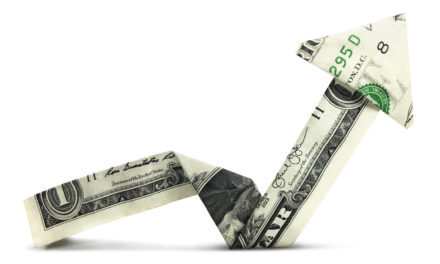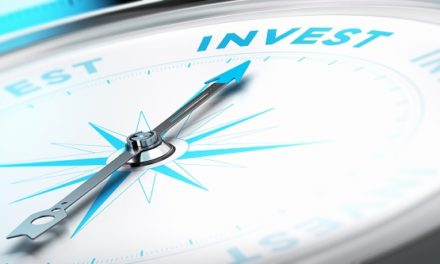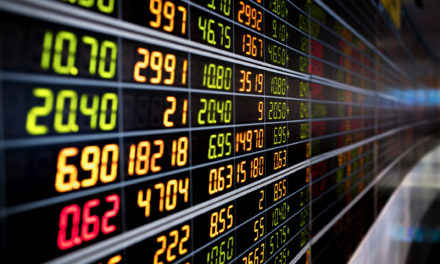
“I buy on the assumption that they could close the market the next day and not reopen it for five years.”
— Warren Buffett
The investment philosophy practiced by Warren Buffett calls for investors to take a long-term horizon when making an investment, such as a five year holding period (or even longer), and reconsider making the investment in the first place if unable to envision holding the stock for at least five years. Today, we look at how such a long-term strategy would have done for investors in Baxter International Inc (NYSE: BAX) back in 2017, holding through to today.
| Start date: | 07/28/2017 |
|
|||
| End date: | 07/27/2022 | ||||
| Start price/share: | $60.73 | ||||
| End price/share: | $66.80 | ||||
| Starting shares: | 164.66 | ||||
| Ending shares: | 174.55 | ||||
| Dividends reinvested/share: | $4.51 | ||||
| Total return: | 16.60% | ||||
| Average annual return: | 3.12% | ||||
| Starting investment: | $10,000.00 | ||||
| Ending investment: | $11,660.43 | ||||
The above analysis shows the five year investment result worked out as follows, with an annualized rate of return of 3.12%. This would have turned a $10K investment made 5 years ago into $11,660.43 today (as of 07/27/2022). On a total return basis, that’s a result of 16.60% (something to think about: how might BAX shares perform over the next 5 years?). [These numbers were computed with the Dividend Channel DRIP Returns Calculator.]
Always an important consideration with a dividend-paying company is: should we reinvest our dividends?Over the past 5 years, Baxter International Inc has paid $4.51/share in dividends. For the above analysis, we assume that the investor reinvests dividends into new shares of stock (for the above calculations, the reinvestment is performed using closing price on ex-div date for that dividend).
Based upon the most recent annualized dividend rate of 1.16/share, we calculate that BAX has a current yield of approximately 1.74%. Another interesting datapoint we can examine is ‘yield on cost’ — in other words, we can express the current annualized dividend of 1.16 against the original $60.73/share purchase price. This works out to a yield on cost of 2.87%.
One more piece of investment wisdom to leave you with:
“People who succeed in the stock market also accept periodic losses, setbacks, and unexpected occurrences. Calamitous drops do not scare them out of the game.” — Peter Lynch




